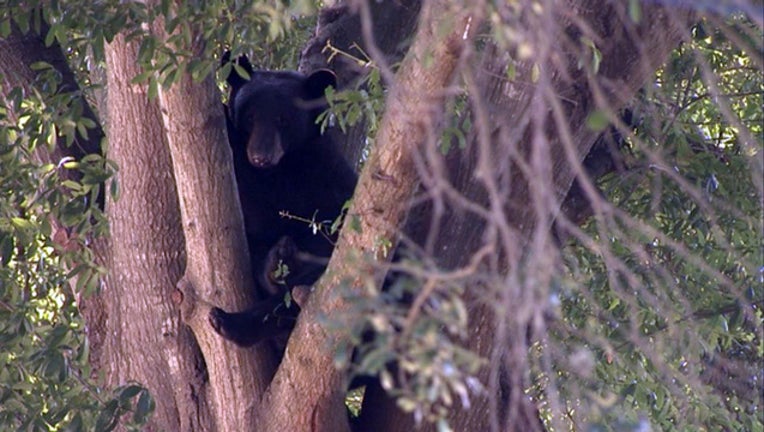Florida black bears denied endangered status

(FOX 13) - The future seems bleak for Florida black bears. Their long-term survival is threatened by urban sprawl, habitat loss, road kill, and – last year – a bear hunt.
The situation is so dire that the bear may once again face the possibility of an untimely demise. Or, maybe not.
The U.S. Fish and Wildlife Service on Tuesday rejected those concerns, voiced by more than a dozen animal welfare groups, including the Animal Legal Defense Fund and the Center for Biological Diversity.
In March, the groups petitioned the service to place the Florida black bear on the Federal Endangered Species list. The Service announced its decision Tuesday afternoon, saying the groups’ petition did not present substantial information that would warrant listing bears as endangered.
In making their argument, the groups claimed Florida’s black bear population declined an estimated 20 percent in 2015 – to around 3,000 to 3,500. That year saw the first state-authorized bear hunt since 1994.
Animal groups fear it’s a precursor to what happened in the last century, when hunting and human population growth in Florida saw the bear population cut from 11,000 to just 300, before state protections helped the bear population rebound.
While Tuesday’s decision will be disappointing to the groups who petitioned the service, it is being greeted as positive news by the Florida Fish and Wildlife Conservation Commission. It views the current bear population as a success story and a tribute to conservation efforts across the state of Florida.
Federal regulators tend to agree.
"This is very good news based on sound science for both the black bear and the people of Florida,” said Larry Williams, with the US Fish and Wildlife Service. “Thanks to the cooperative efforts of all partners, Florida’s largest land mammal is thriving, and we fully expect populations to continue to grow in coming years.”
FWC says there are more black bears in the state today than at any time in the last 100 years. It says the population is healthy, growing and thriving and estimates the number of adult bears at more than 4,000 – considerably higher than the number estimated by the animal welfare groups.
FWC’s bear management plan includes everything from educational outreach to Florida residents, to working with waste service providers to increase the availability of bear-resistant garbage containers. The overall goal is to reduce the number of human/bear interactions while recognizing the need for co-existence.

